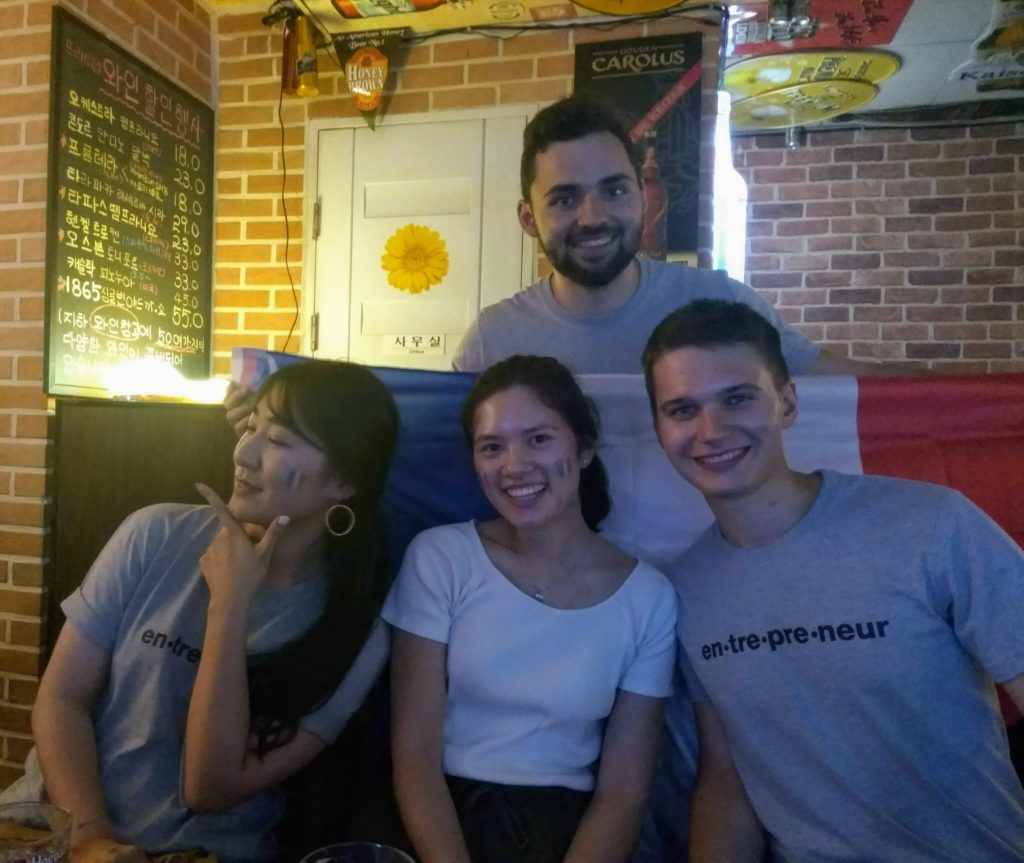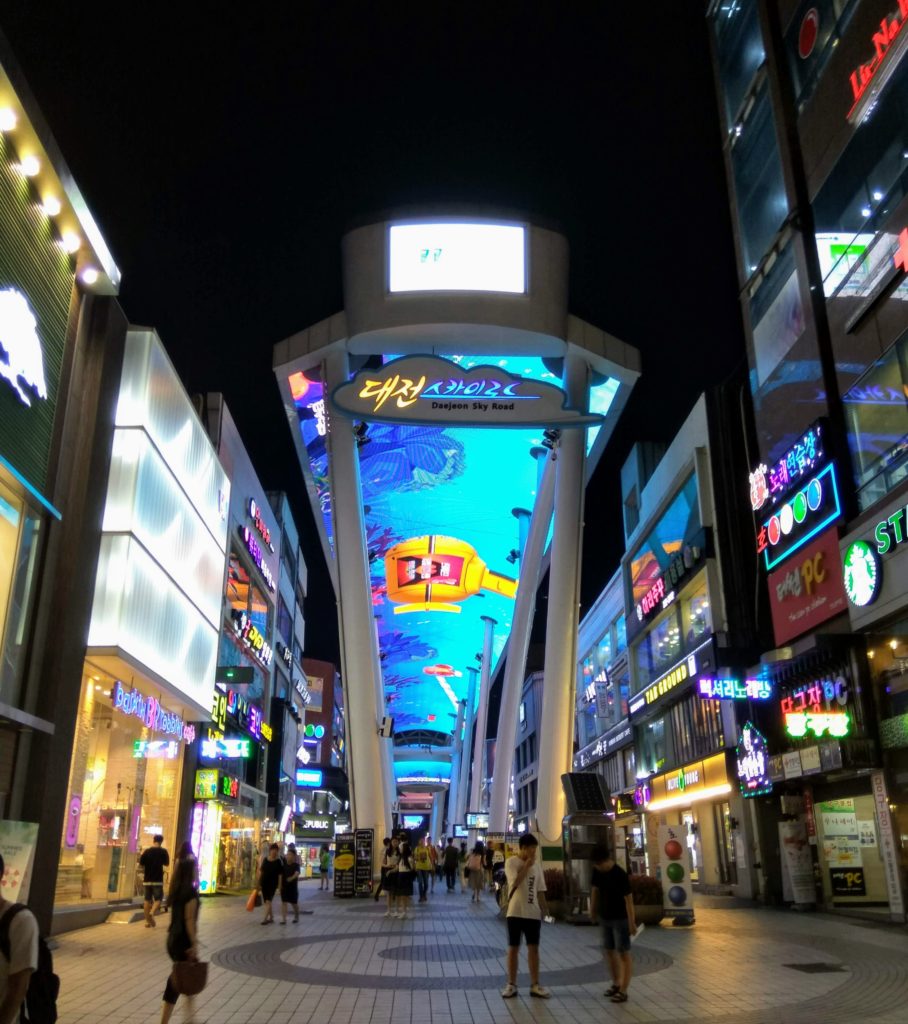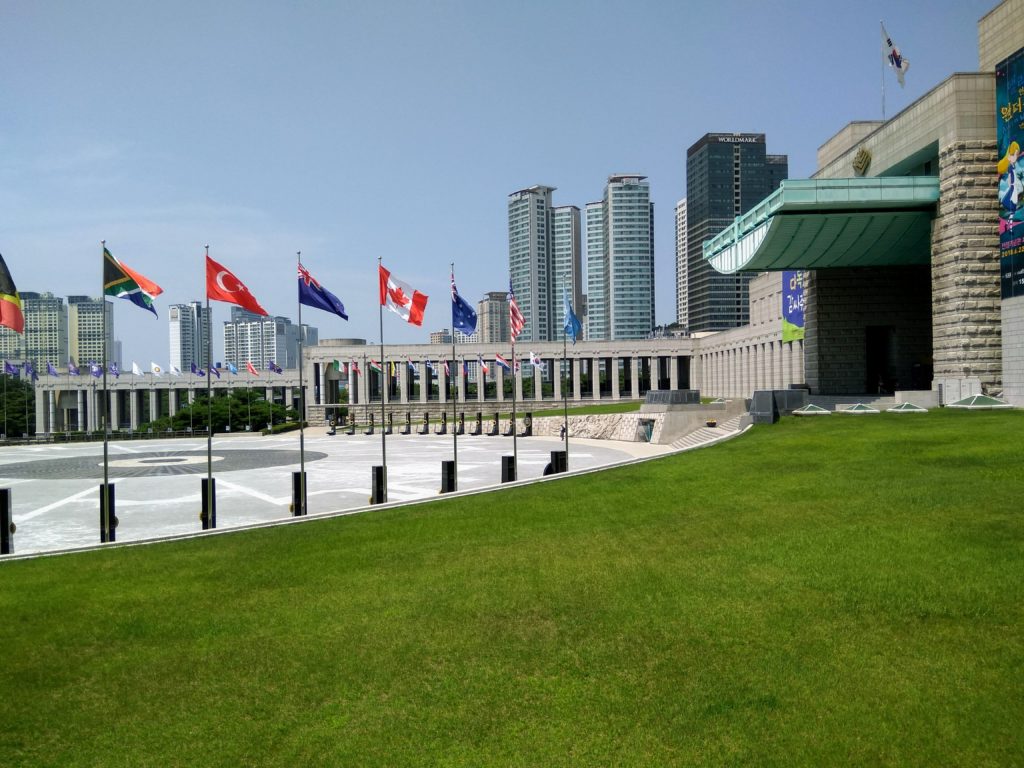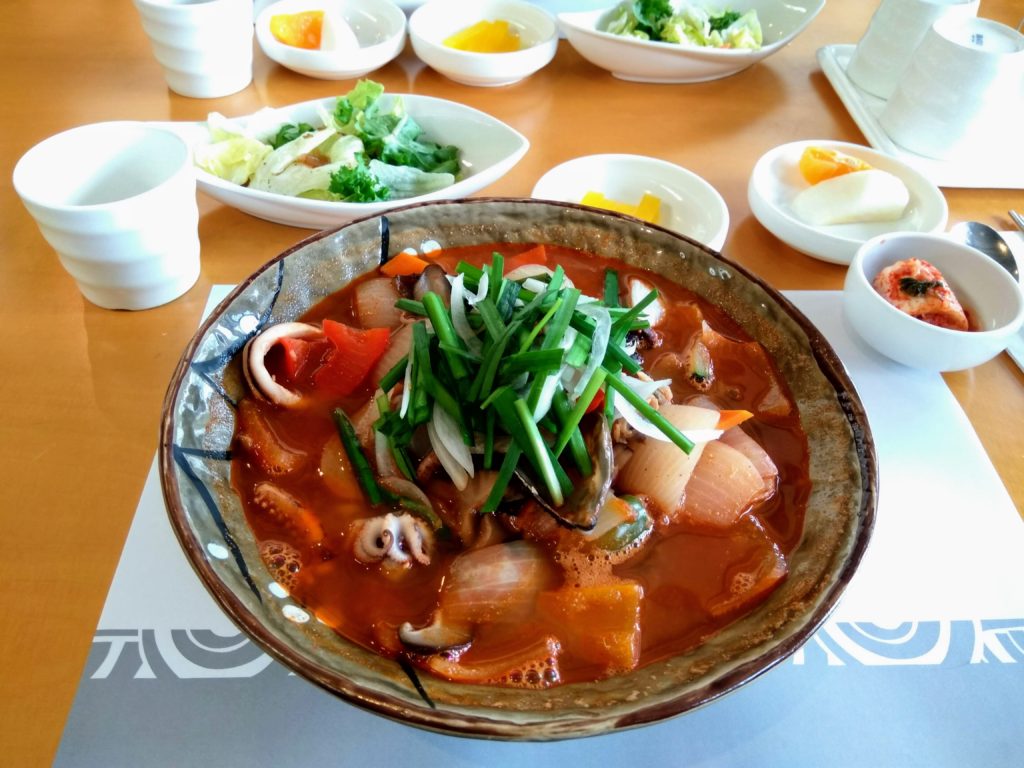After last year’s great success, a group of three students from ETH Zurich was sent to the Global Entrepreneurship Camp 2018 at the Korea Advanced Institute of Science & Technology (KAIST), the leading technical university in South Korea. During one week, groups of international students underwent the entrepreneurial journey of finding a sustainable solution to a problem and preparing a business model, before pitching their idea to a jury.
How to identify a problem and fix it
by Florian Chlan, Mélanie Gaillochet and Aurel Neff, 16.08.2018

Participants from all around the world at the Camp (photo credit: KAIST)
Using an entrepreneurial mindset to approach problem solving in South Korea

Ideation phase and support from our couch Erik Kristiansen
(photo credit: KAIST)
Upon our arrival at KAIST we met the 22 other participants from KAIST university and other Asian and European universities. We were split up into groups of 5, each group being diverse and interdisciplinary in terms of student background and area of expertise (science, engineering, business, etc.). After some team building activities, we were presented with our challenge: to identify a problem that is currently affecting us personally or globally, and build a sustainable solution.
Our time at the camp was divided between our work in teams on our project and workshops on subjects ranging from IP to startup financing and entrepreneurial journeys. Entrepreneurs, KAIST professors and coaches gave us valuable insights into creating a value proposition and a strong business model. Furthermore, the coaches gave us feedback throughout the week on how to present our ideas clearly and give an effective pitch.
On the last day of the camp we pitched our solution to a jury of entrepreneurs and professors. Our pitch included customers analysis, a solid value proposition, market analysis, business model, our technological advantage (the so-called ‘secret sauce’) and an explanation of why our team was the most fit to do the job.
Besides preparing for the final pitch, we also visited two successful Korean startups and participated in cultural activities that included a traditional Korean tea ceremony, a taekwondo session and a field trip to Jeonju Hanok village.

Final pitches in front of the jury
(photo credit: KAIST)
As far as our challenge was concerned, it turned out that finding the right problem to solve was harder than most of us imagined. After a deeper look into the market and exploring questions of technical feasibility, many ideas that first seemed interesting had to be dismissed. However, with the help of our mentors, each team was able to find its case. Final projects ranged from air quality measurement stations to waste recycling solutions and smart contracts in the supply chain. To sum up the main takeaway from this experience:
It’s not about creating a product and then seeing which problems it can solve; it’s about finding the right problem to fix, and then creating a solution.
The camp enabled us to hone our business skills, and realize the importance of determining which problems we are able to fix and identifying who the potential customers are. One of our biggest learnings also came from interacting with the other participants, whose cultural background and previous experiences (some had already engaged in running a startup, for example) gave us valuable insights.

Working hard on our solution (photo credit: KAIST)
The camps ends, but the connections stay
The end of the camp did not mean the end of our interaction with the other participants. Rather, eight of the participants (including the three of us) decided to visit Seoul. Facing the 44 degrees Celsius heat under the blazing sun, we visited the N Seoul Tower, the main Royal Palace and the War Memorial and finished the day with a typical Korean barbecue that a Korean student from KAIST recommended. And since several of the participants that we met are planning on coming to study in Europe in the next few years (one is even thinking of coming to ETH!), we know that the relationships we made at KAIST will be long-lasting.
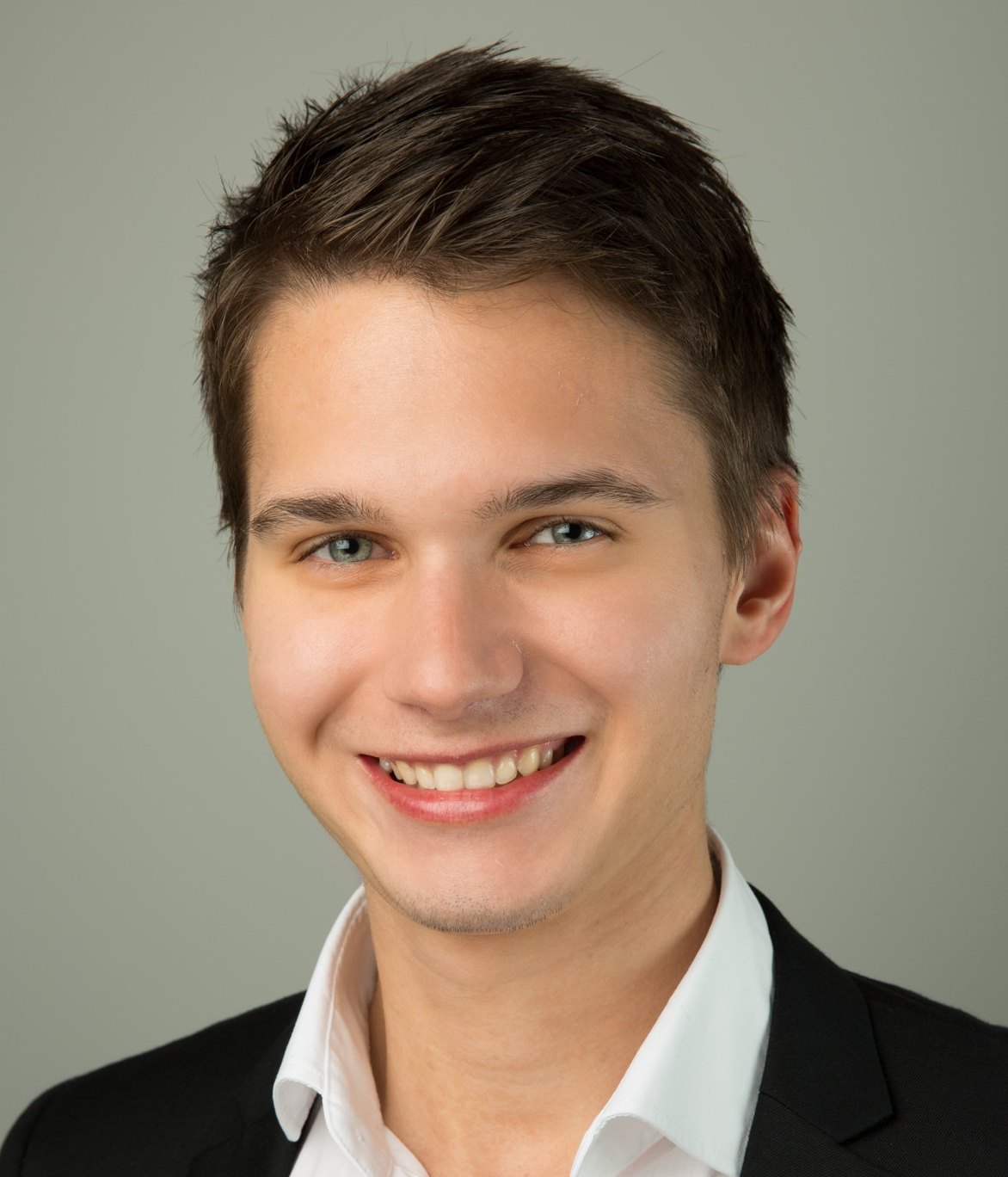
(photo credit: Anastasia Karpenkov)
Florian Chlan is a Master student at the Department of Computer Science. His research focuses on applications of privacy-preserving artificial intelligence. He is a volunteer at the ETH Entrepreneur Club.
Mélanie Gaillochet is a french student who, after studying Physics in Canada, decided to head to Zurich to start her Master's degree in Data Science at ETH Zurich. She is always in for an adventure, and aside from reading books or going on hikes, she also takes part in the Precious Plastic initiative in Zurich.
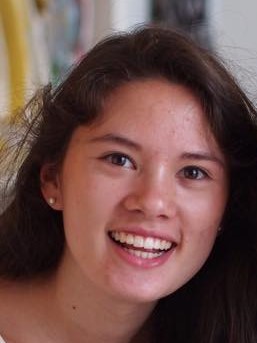
(courtesy of Mélanie Gaillochet)
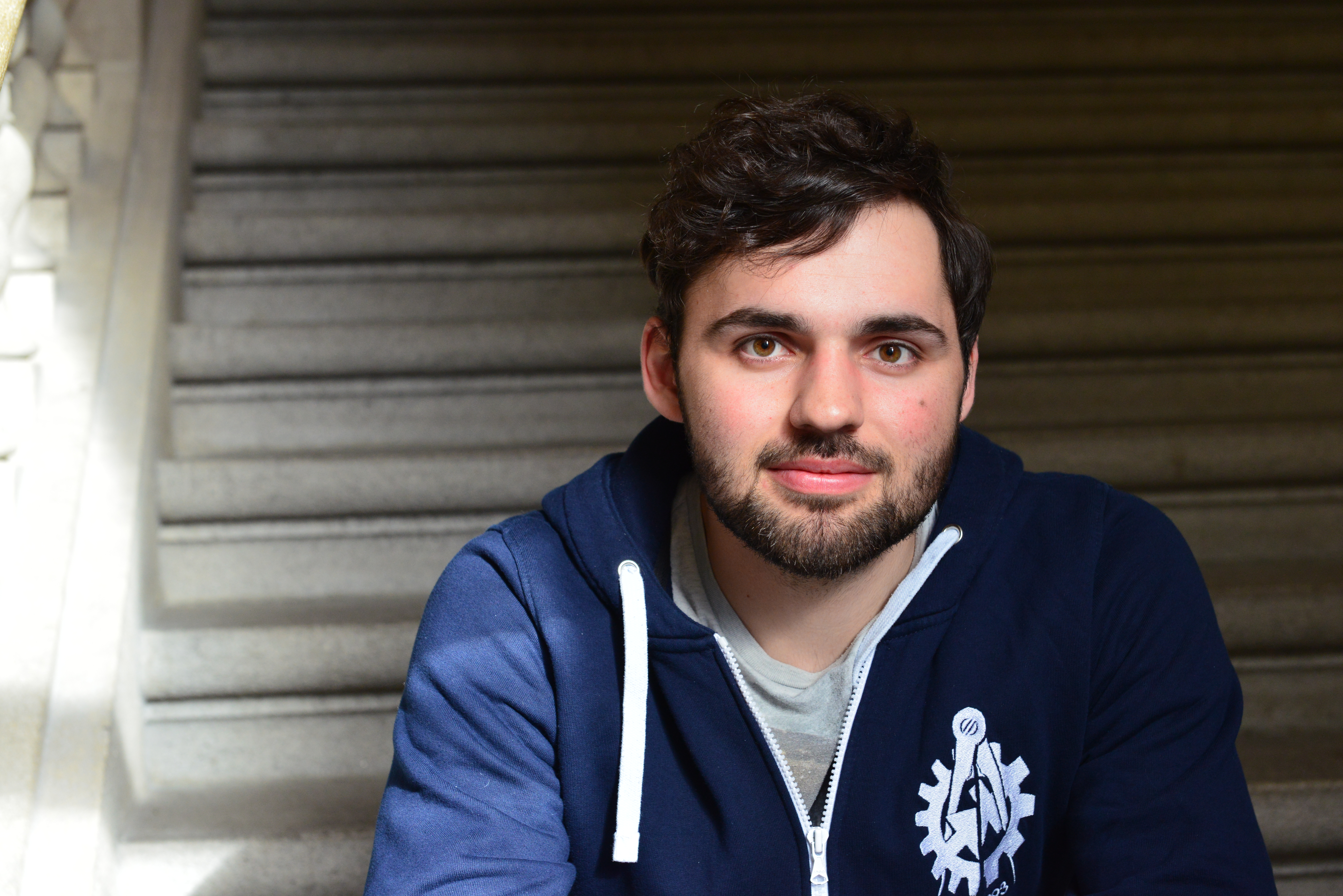
(photo credit: ETH Zürich/P.Rüegg)
Aurel Neff is a Bachelor student at the Department of Mechanical and Process Engineering. He is president of AMIV and vice president of the ETH Entrepreneur Club.

